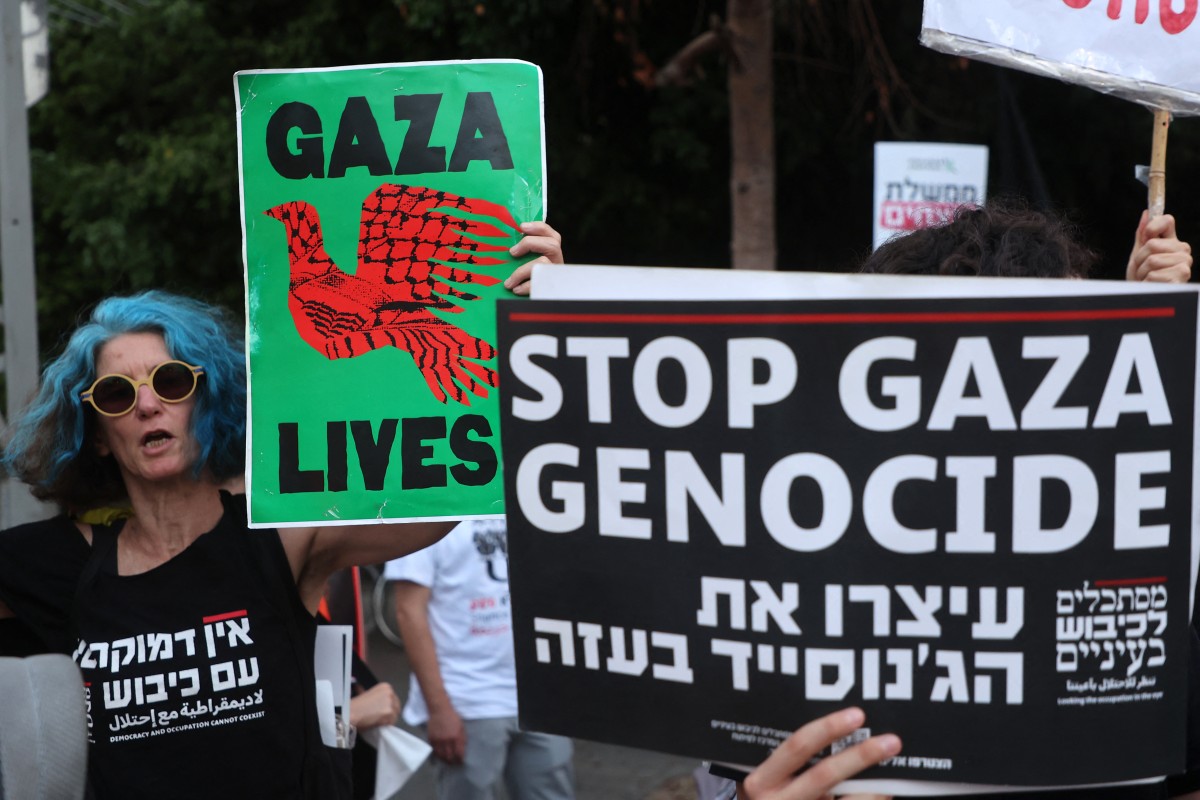Beirut, Lebanon – Amnesty International said Tuesday that the Israeli army’s extensive destruction of civilian property in south Lebanon, including after a ceasefire with Hezbollah was struck, should be investigated as a war crime.
“The Israeli military’s extensive and deliberate destruction of civilian property and agricultural land across southern Lebanon must be investigated as war crimes,” Amnesty said in a statement.
The rights group’s Erika Guevara Rosas said in the statement that the destruction had “rendered entire areas uninhabitable and ruined countless lives”.
Israel has said its military action targeted Hezbollah sites and operatives, and it continues to strike Lebanon despite the ceasefire.
Under the truce, Hezbollah was to pull its fighters back from near the border, with the Lebanese army deploying to the south and dismantling the militant group’s infrastructure there.
Israel was to fully withdraw its troops from Lebanon, but it has kept them in several border areas it deems strategic.
Amnesty said it sent Israeli authorities questions in late June about the destruction but had not received a response.
The group said its analysis covered from October 1 of last year — around the start of Israel’s ground offensive — until late January of this year, and showed “more than 10,000 structures were heavily damaged or destroyed during that time”.
It noted that “much of the destruction took place after November 27”, when the truce took effect.
“Israeli forces used manually laid explosives and bulldozers to devastate civilian structures, including homes, mosques, cemeteries, roads, parks and soccer pitches, across 24 municipalities,” it said.
The rights group said it used verified videos, photographs and satellite imagery to investigate the destruction.
“In some videos, soldiers filmed themselves celebrating the destruction by singing and cheering,” it said.
It added much of the destruction was done “in apparent absence of imperative military necessity and in violation” of international humanitarian law.
Amnesty noted that “the previous use of a civilian building by a party to the conflict does not automatically render it a military objective”.
In March, the World Bank put the war’s total economic cost on Lebanon at $14 billion, including $6.8 billion in damage to physical structures.
Authorities in cash-strapped Lebanon have yet to launch reconstruction efforts, and are hoping for international support, particularly from Gulf countries.








